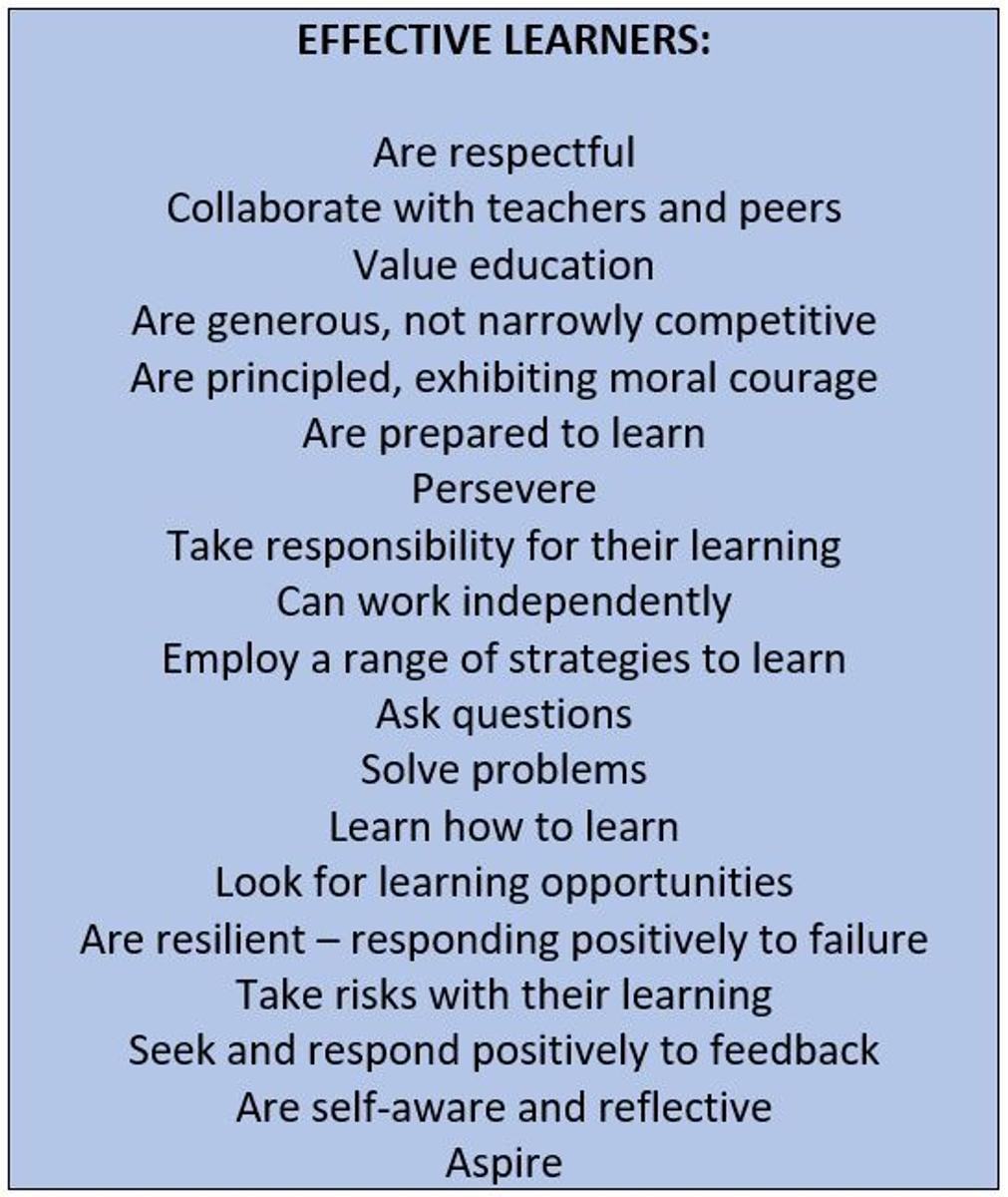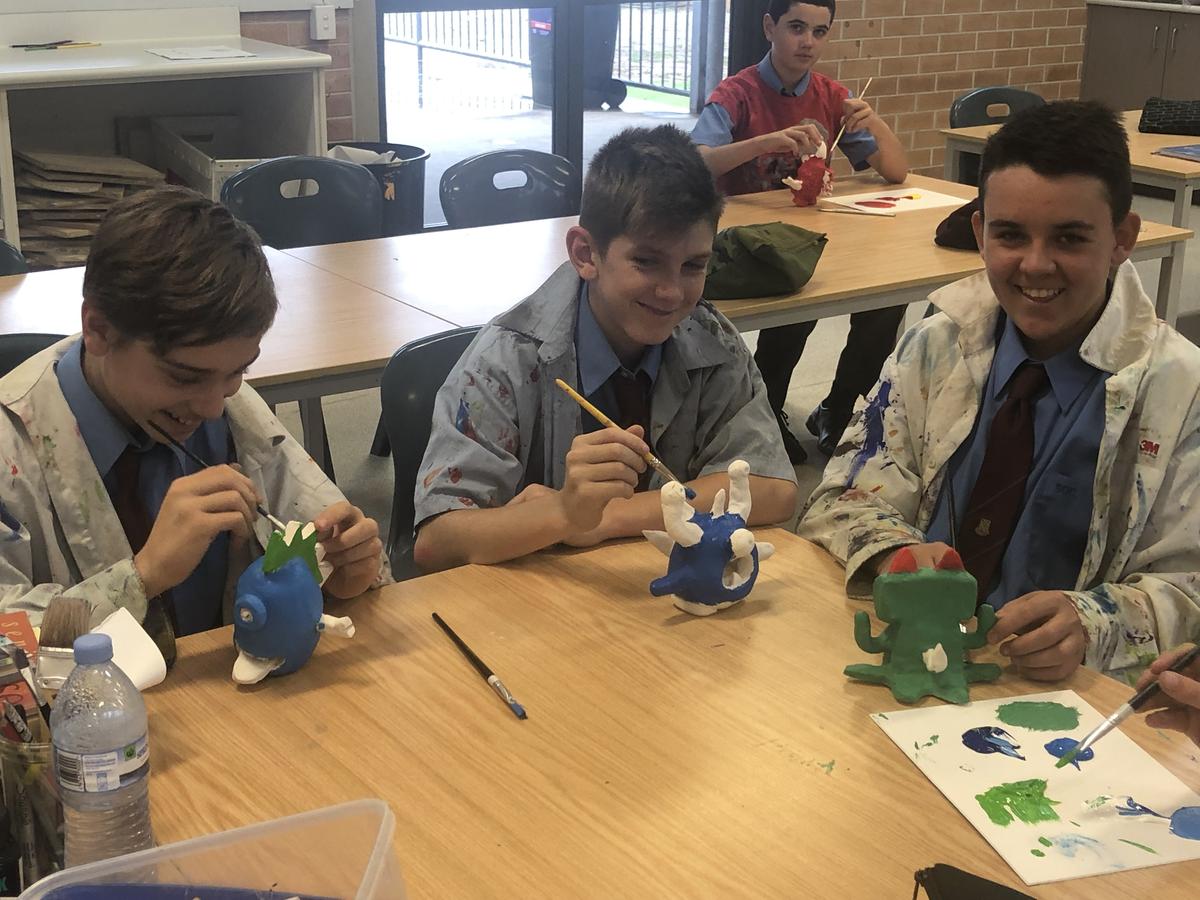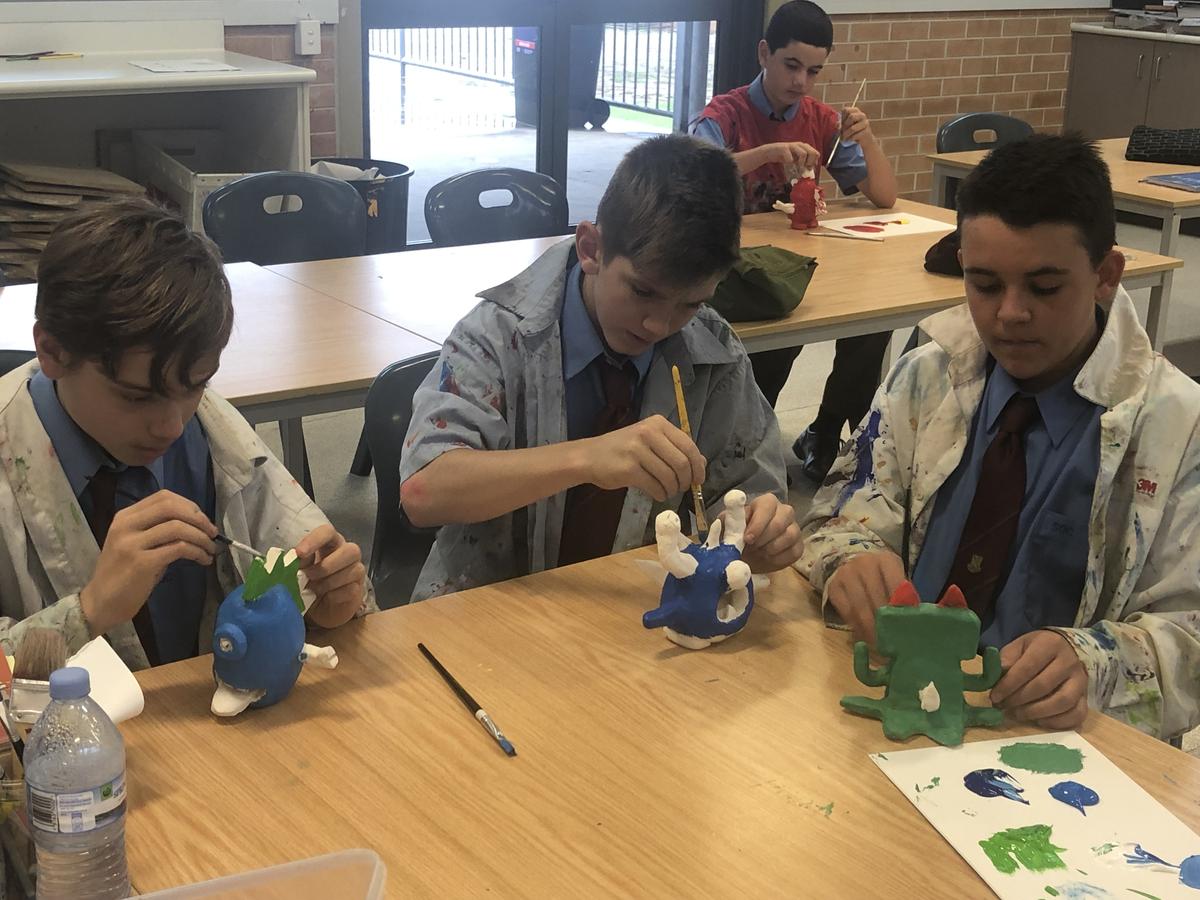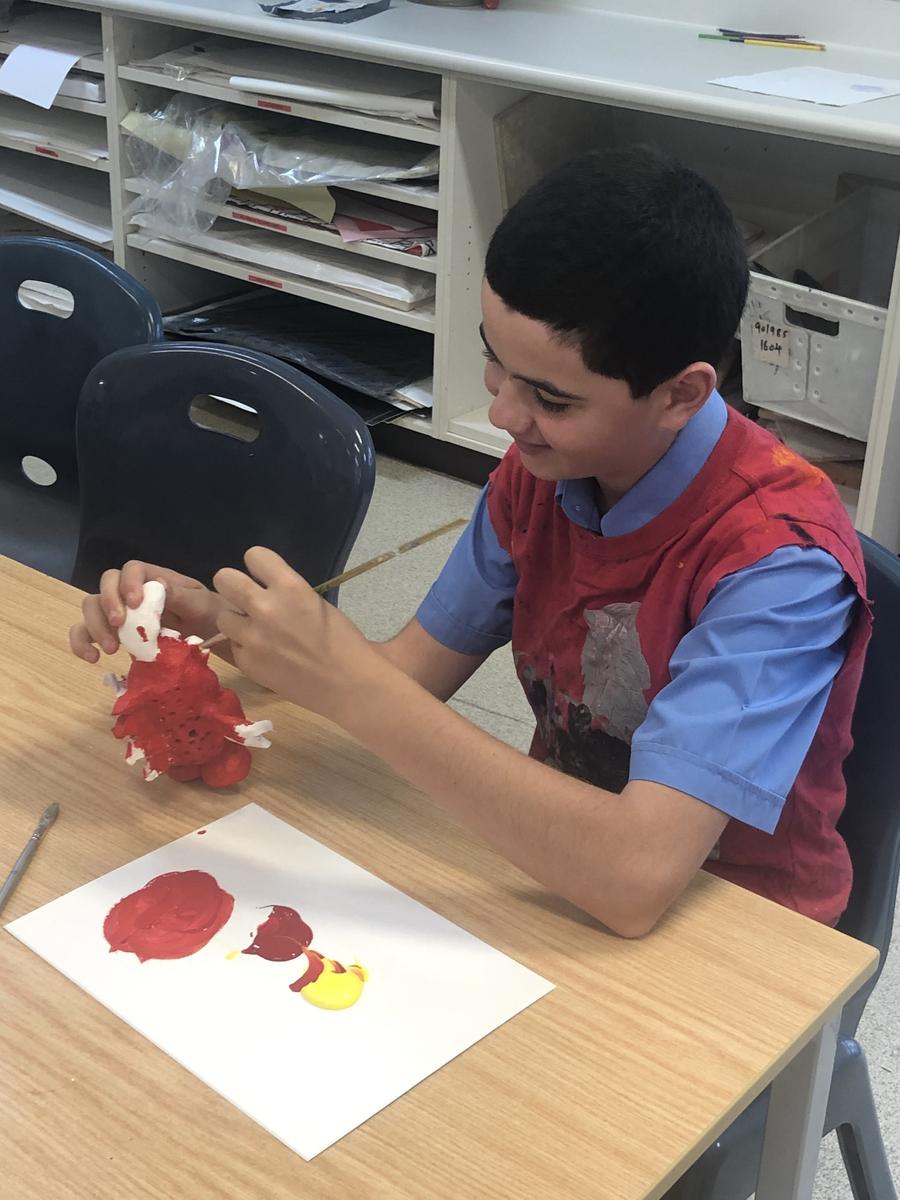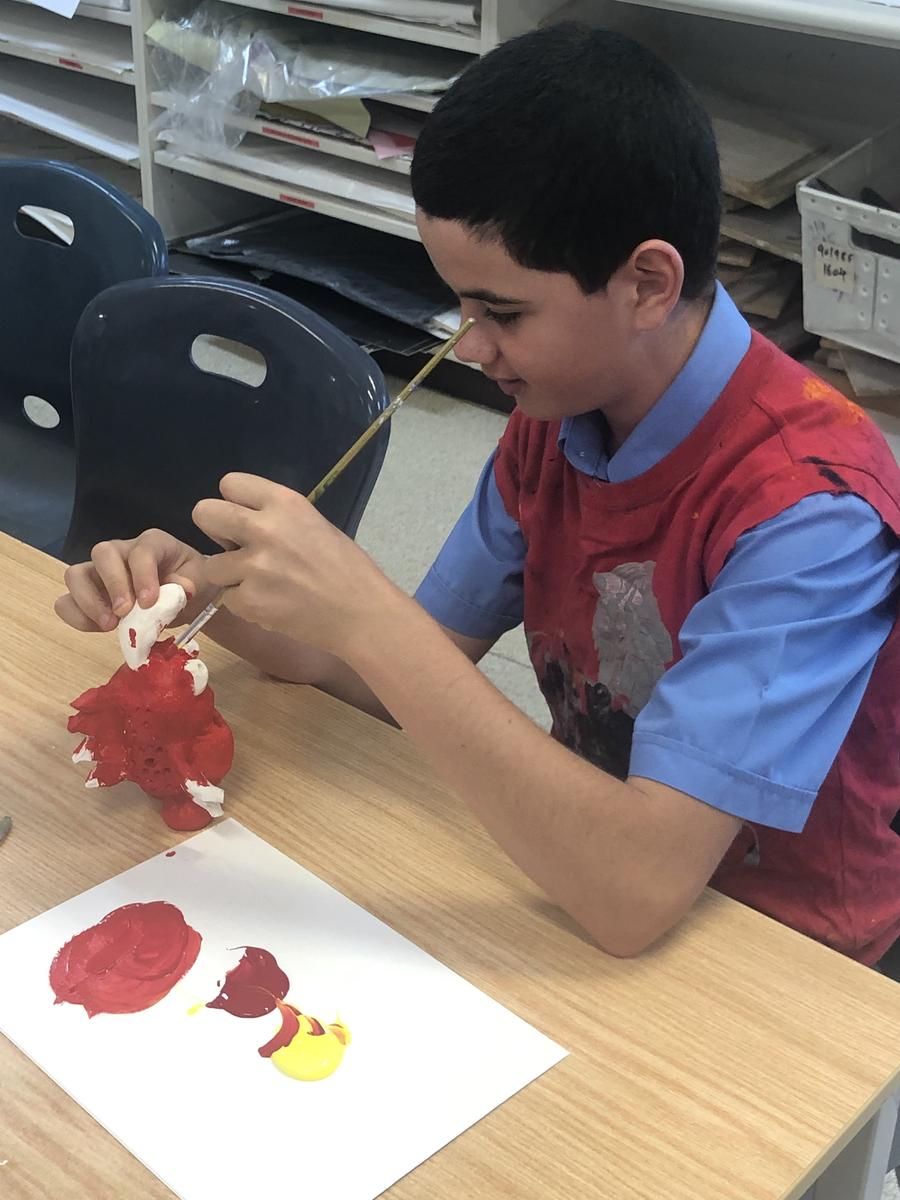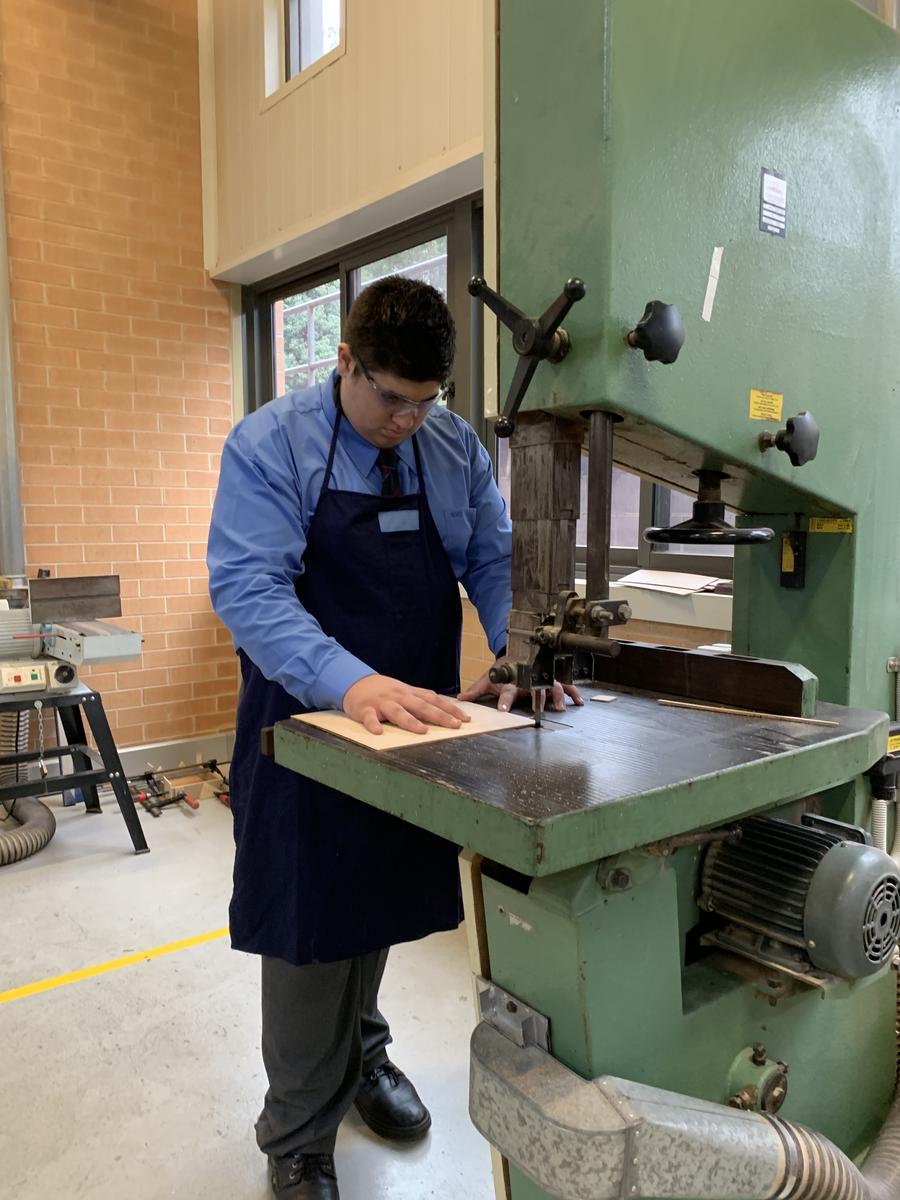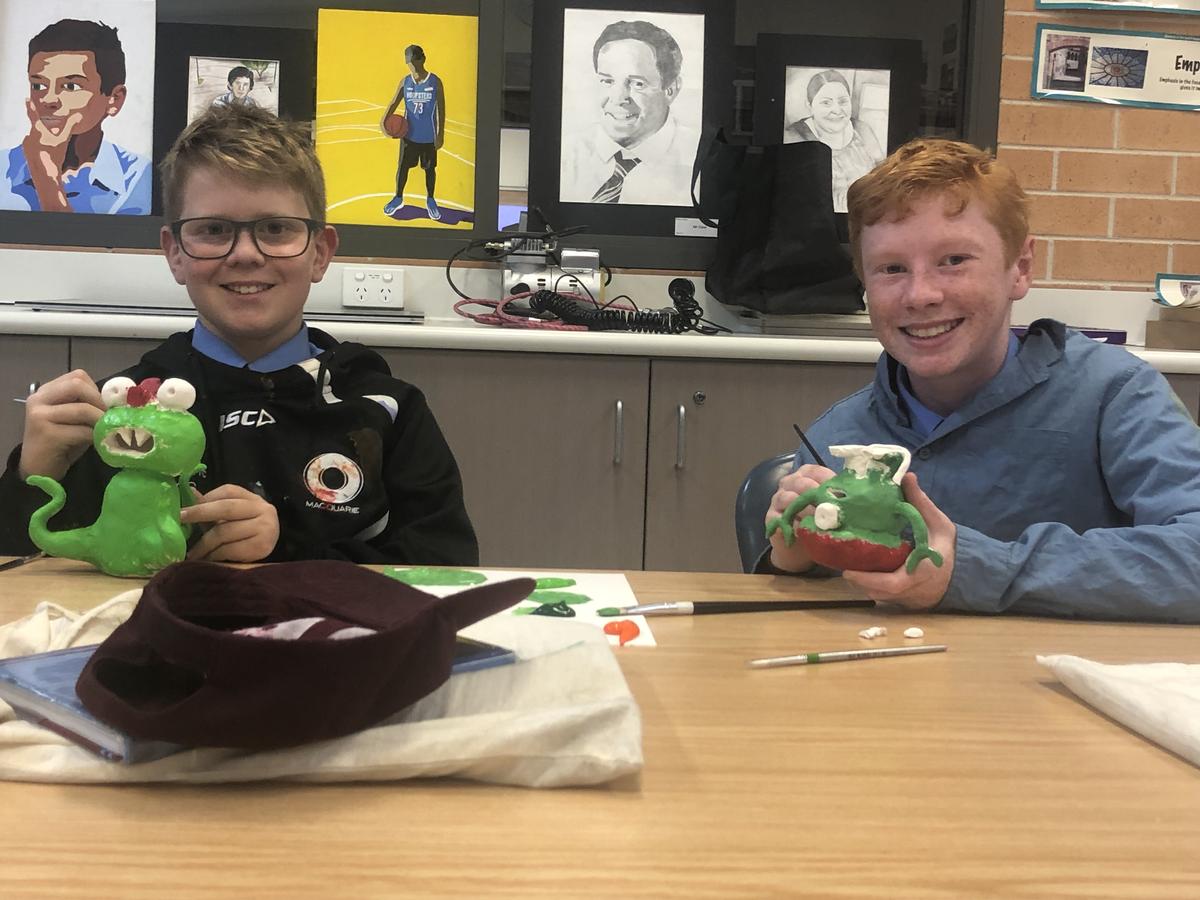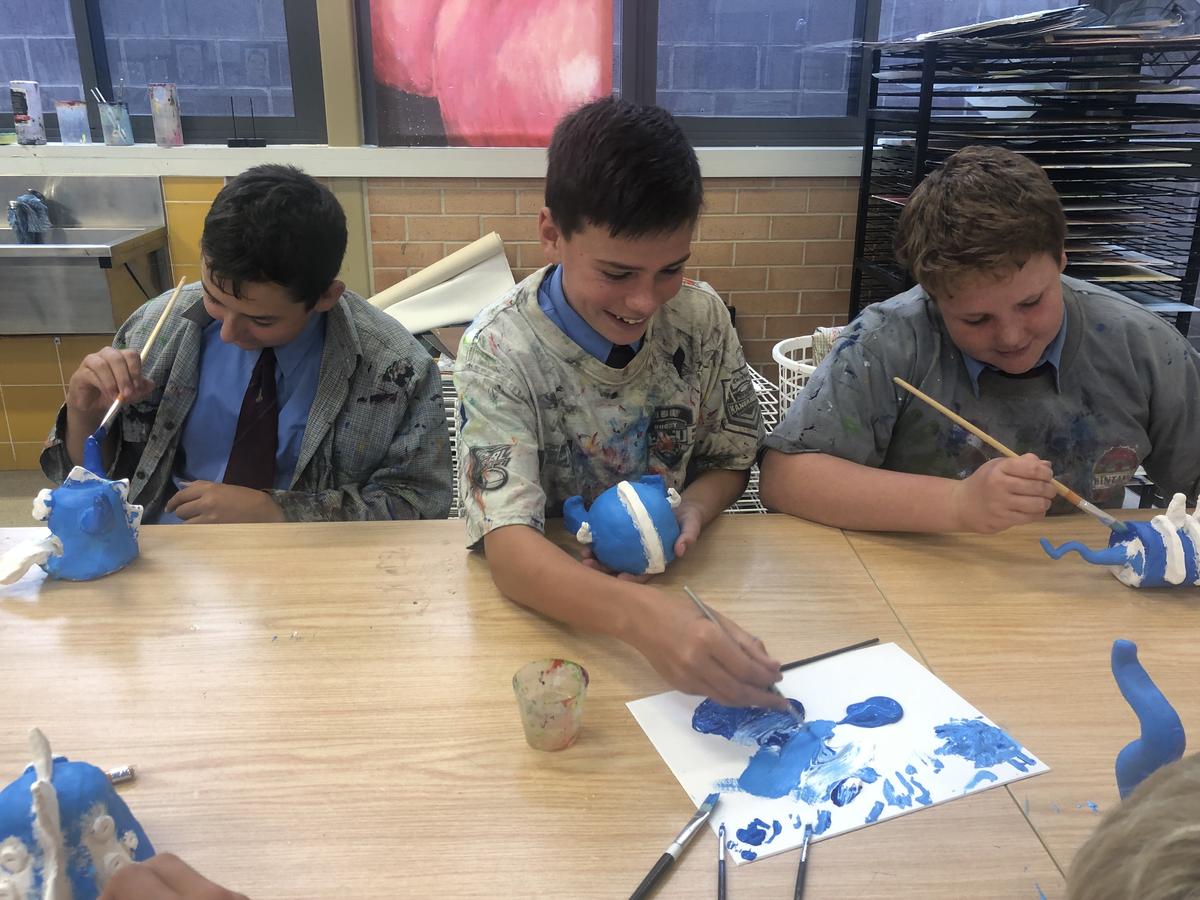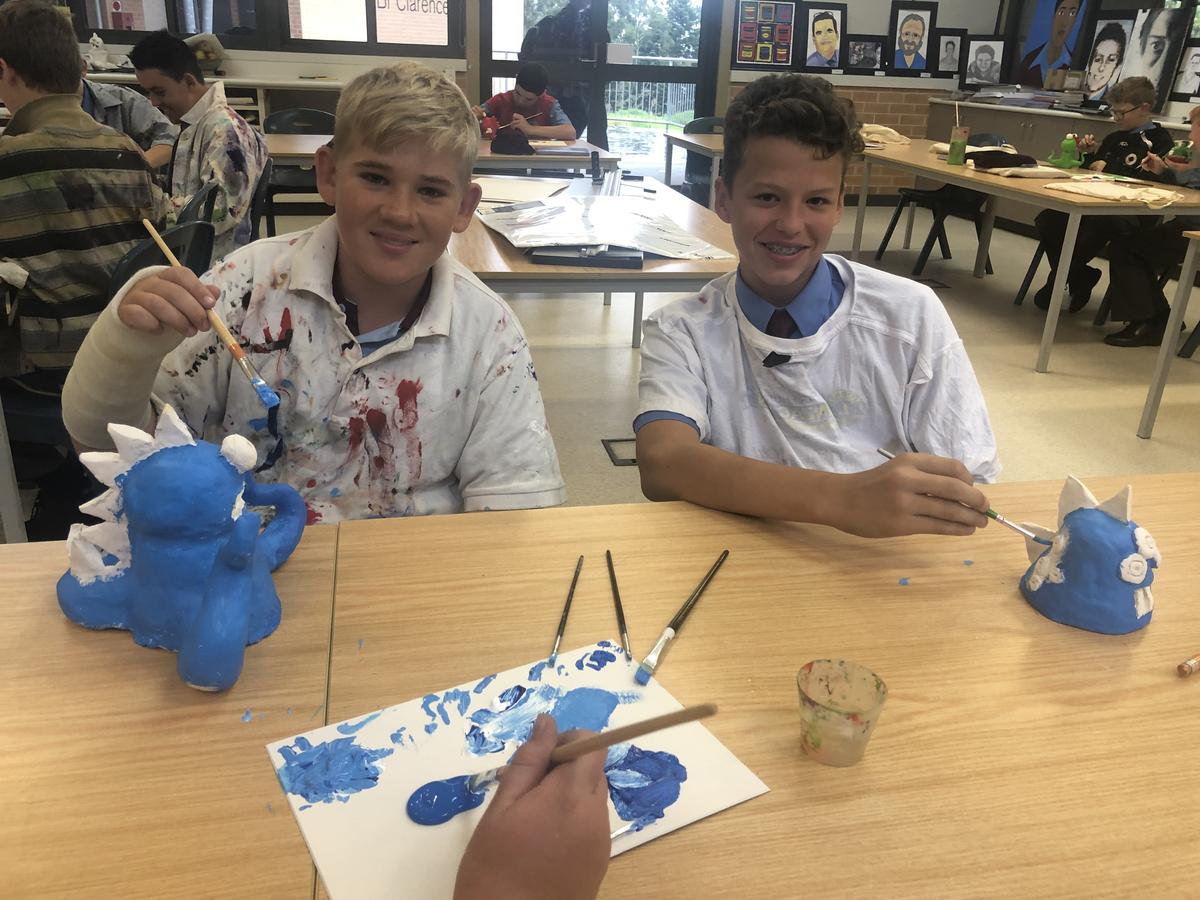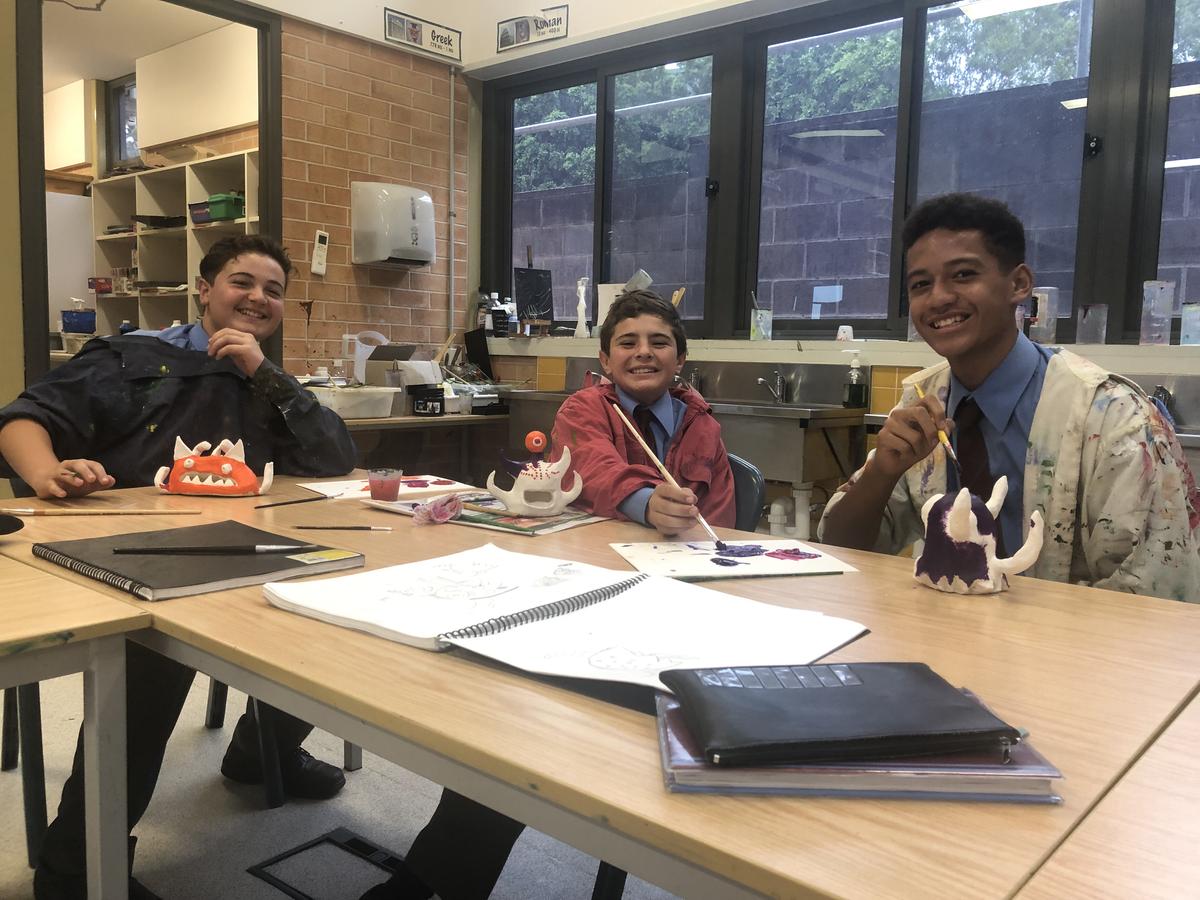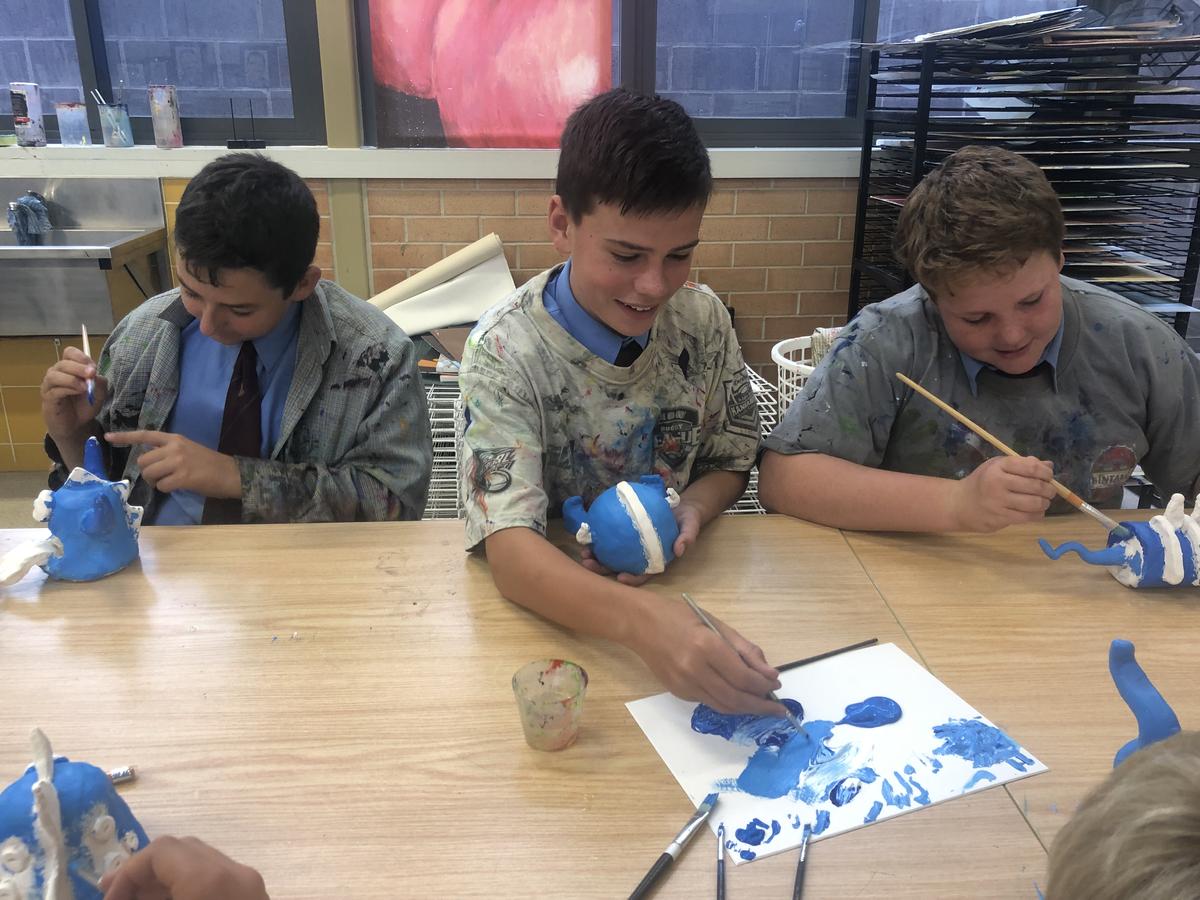Teaching and Learning in the Senior School
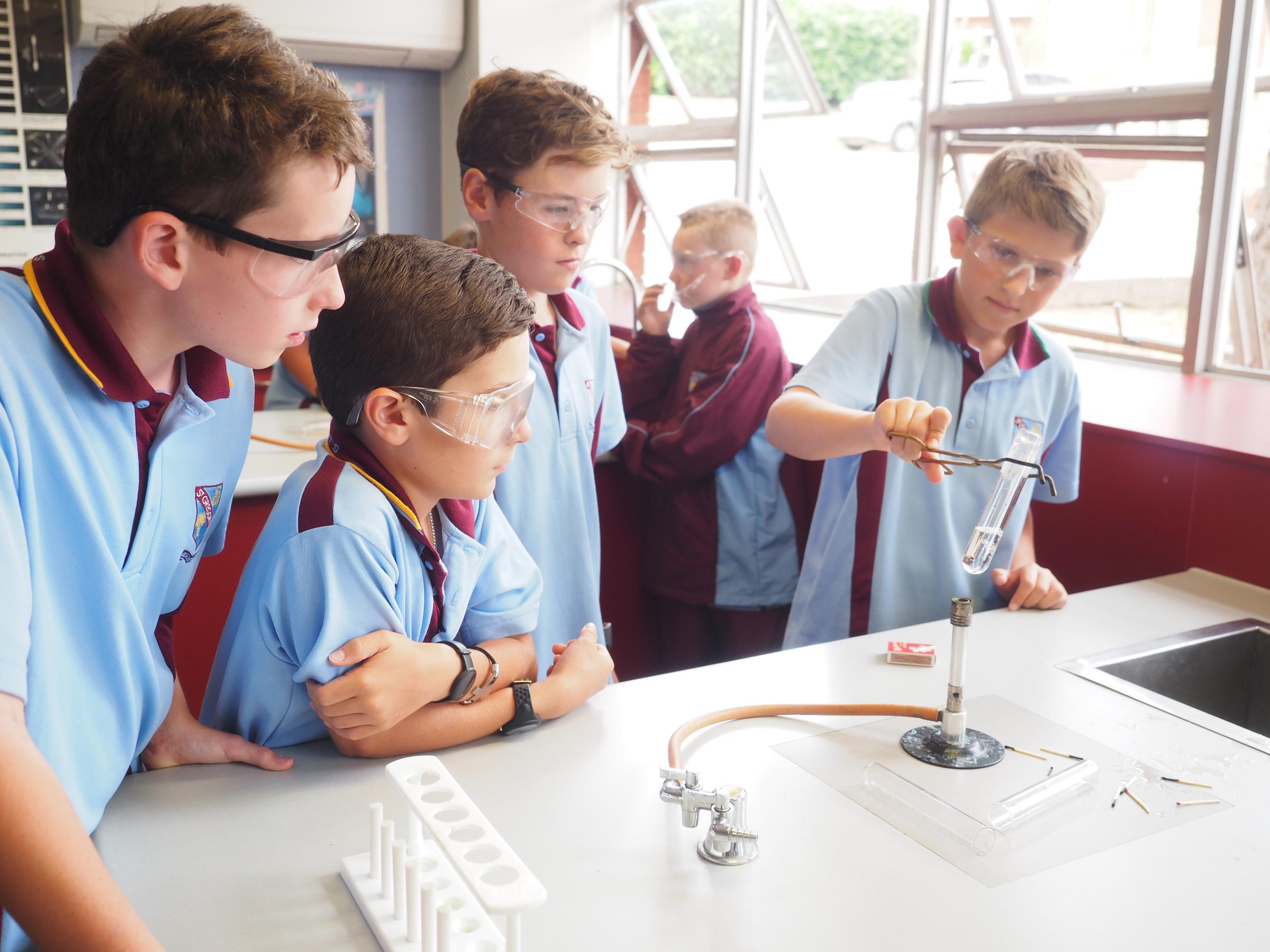
Learning with high expectations
This year Mr MacMaster has asked our teachers, students and parents to set high expectations for learning. It tends to be true in school, as in life, that we aspire to meet the challenges others extend to us. Hence it follows that if we set the bar too low, we might expect either a lower level of aspiration, and/or a lower level of engagement in learning. When we have high expectations for our students, we are acknowledging that every student has the capacity to learn and to achieve. It is not realistic for every one of our students to achieve at the same level all at once, but it is a realistic expectation that all of our students can exhibit the attitudes necessary to make learning happen for them at the right time.
One of our jobs as teachers and parents is to support our young people on their learning journey; and it is becoming increasingly important that we support them to become independent learners by having high expectations of their ability to start learning on their own. I turn again to the attributes or qualities of effective learners, as identified particularly by the staff at St Greg’s, and ask our teachers, students and parents to think about enunciating high expectations around:
This week, fitting with the idea of having high expectations, I’d like to explore the proposition that
Effective Learners ASPIRE
All of us aspire to something. Dreaming about our future is a powerful motivator for taking action and doing those things necessary to achieve our dreams. Olympic athlete Jesse Owens said,
… in order to make dreams come into reality, it takes an awful lot of determination, dedication, self-discipline, and effort.
Having an ambition to strive for is one key to helping our young people find their sense of purpose.
It must be borne in mind that the tragedy of life doesn’t lie in not reaching your goal. The tragedy lies in having no goal to reach. Benjamin E Mays
Teaching our kids to dream should be imperative in our quest to motivate them to learn; or more particularly, to want to learn. Learners who aspire are learners who hunger to learn. Learners who aspire:
- know where they want to go and keep exploring how to get there
- ask “What if….?”
- understand that learning is hard work
- persist in the face of setbacks
- are engaged in their learning
- inspire others
I encourage everyone involved in bringing up the bright minds of the future to look for opportunities to challenge and inspire our young people to set goals and work diligently to achieve them. Start small – early success (and the odd ‘fail’ to build resilience) provides great impetus for students to keep striving. Make talk about hopes, dreams and goals a normal part of family conversation. Model the idea that many of us were told by our own parents; “Nothing is for free”! And nothing worthwhile requires zero effort.
Consult not your fears but your hopes and your dreams. Think not about your frustrations, but about your unfulfilled potential. Concern yourself not with what you tried and failed in, but with what it is still possible for you to do. Pope John XXIII
Student aspirations coming to life in our classrooms
In my wanderings around the College recently, I have seen plenty of evidence of students acting on clear learning goals, and producing work which reflects their commitment to bringing their dreaming to life. When engaged in learning to meet a personal goal, students become immersed in the “flow” of learning:
Louise Millar
Director of Teaching and learning

